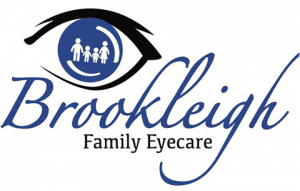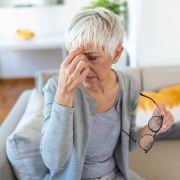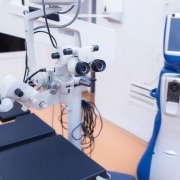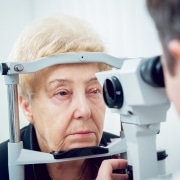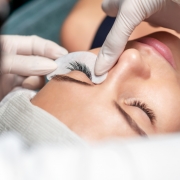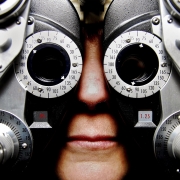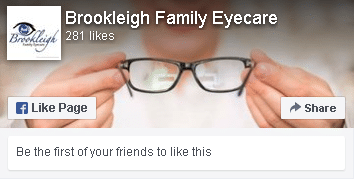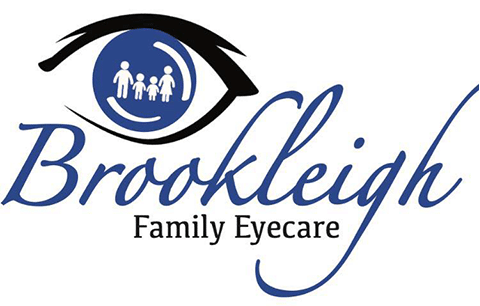Is Vitamin D Good for My Eyes?
Your body needs vitamins and minerals to function at its peak capacity, though if you’re like most people, it’s hard to remember which compounds help with which ailments. If you have questions about vitamin D and whether it’s good for your eye health in Brookhaven, GA, we’ll look at the facts.
Vitamin D and Eye Health
Vitamin D is very important for eye health, particularly if you’re at risk for glaucoma, cataracts, and macular degeneration. It can also improve tear function, which is important for staving off dry eye. Vitamin D is often associated with a lack of sunlight exposure, and it’s a common issue that affects around a seventh of the global population. In the US alone, around 40% of all adults have some type of vitamin D deficiency, and those numbers could be a lot higher.
What Affects Your Vitamin D Levels?
Vitamin D deficiencies tend to impact individuals over the age of 65. However, you’re also more likely to have it if you don’t eat a balanced diet, if you’re overweight, or if you’re not exercising enough. Medications can also impact your level of vitamin D. Besides vision deficiencies, other symptoms can include hair loss, muscle weakness, mood swings, or fatigue.
Find an Eye Doctor in Brookhaven, GA
One way to improve your vitamin D levels might be to take off your shade every once in a while. Of course, you may need some professional help determining what a healthy level of exposure is, as your eyes may need more protection than your friend’s or neighbor’s eyes. If you’re looking for an eye doctor in Brookhaven, GA, the staff at Brookleigh Family Eyecare is here to answer your questions about vitamin D and how it can help you see a little clearer.
